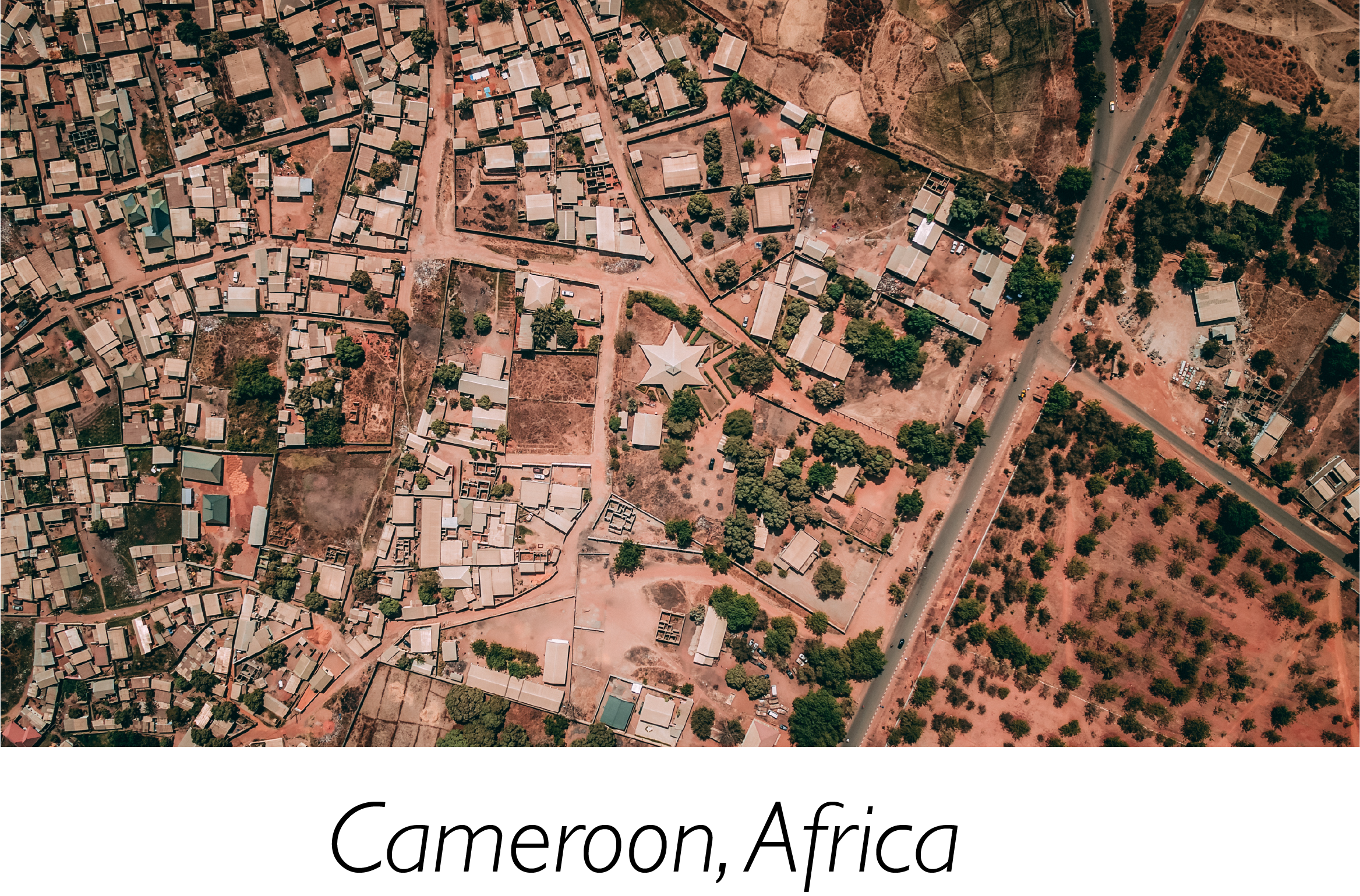Borrower Overview
TriLinc has provided financing to a Cameroonian soft commodity exporter that sources its products from its own farming operations, in addition to approximately 1,500 local smallholder farmers and private entities across the country. Not only does the company provide these farmers with a consistent market to sell their products, but it also offers subsidies for agricultural inputs in order to cost-effectively enhance crop yield and quality. After purchase, the company ferments and dries the commodities in order to store, sell and transport the goods to a wide variety of offtakers, ranging from small local businesses to large multinational corporations predominantly in Asia and Europe.
Market Overview

Cameroon is classified as a lower middle income country by the World Bank.1 Between 2010 and 2017, GDP growth rates averaged approximately 4.6%.1 Within the Central and African Economic Monetary Community, Cameroon has the strongest and most diversified economy.2 Cameroon’s export activity has traditionally been dominated by crude oil and petroleum products, lumber, cocoa beans, aluminum, coffee, and cotton.3 Conversely, the country’s main imports are concentrated in machinery, electrical equipment, transport equipment, fuel, and food.3
Cameroon meets TriLinc’s country standards for its performance across relevant growth, stability and access metrics.4 As the eleventh largest economy in Sub-Saharan Africa with a GDP of $34.8 billion,5 the country’s long term vision to become an upper middle income country by 2035 has led the country to benefit from the estimated $16.0 billion in net foreign direct investment that flowed into the region in 2017.6,7 Robust domestic demand in Cameroon, and across Sub-Saharan Africa, helped spur regional GDP growth to 4.5% in 2016 and is expected to be maintained at 4.3% in 2020.8
Additional Sustainability & Impact Highlights
- The company gives periodic charitable donations which historically have included monetary donations to local towns as well as water supply to local villages that are prone to drought.
- The company’s workforce is 42% female, and they offer their employees capacity-building opportunities in accounting, quality control, and supply chain management.
1The World Bank, World Development Indicators Database, Cameroon, 2017. 2African Development Bank Group, Cameroon Economic Outlook, 2017. 3CIA, The World Factbook, 2017: Cameroon. 4There is no assurance that our investment in this company or this market will be successful. 5The World Bank, Data, Sub-Saharan Africa, 2017. 6The World Bank, Cameroon Overview 2017. 7The World Bank, World Development Indicators Database, Foreign Direct Investment. 8The World Bank, Global Economic Prospects, January 2018.
The above information is as of the initial date of investment: March 13, 2018.
An investment with TriLinc carries significant fees and charges that will have an impact on investment returns. Information regarding the terms of the investment is available by contacting TriLinc. This is a speculative security and, as such, involves a high degree of risk. Investments are not bank guaranteed, not FDIC insured and may lose value or total value. Some investments may have been made in an investment vehicle that is no longer open for investment. The highlighted investment may or may not have been profitable. There is no guarantee that future investments will be similar.
Want to learn more? Contact Us.
